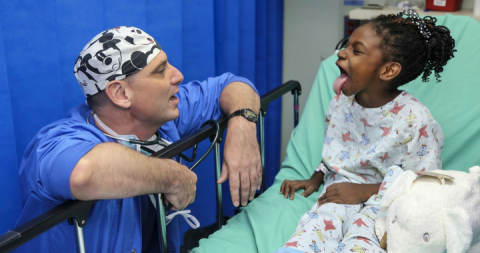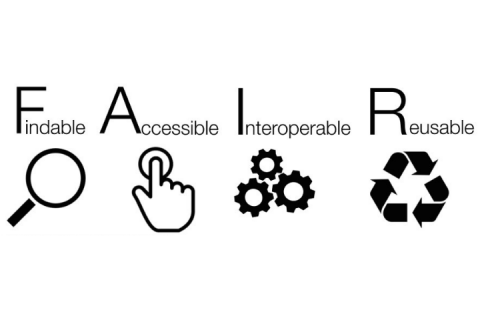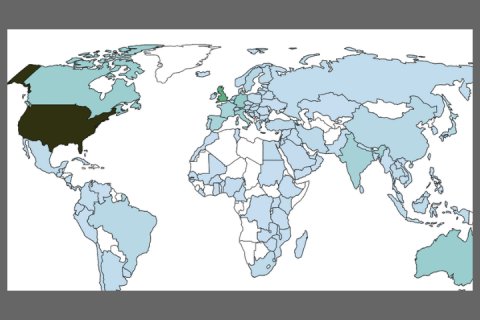Emerald Publishing is the first publisher to adopt F1000’s Open Research Publishing model. With the launch of the new platform, Emerald Open Research, Tony Roche, Publishing and Strategic Relationships Director at Emerald Publishing, discusses open research and Emerald’s commitment as a global publisher to provide its authors with a credible platform that maximises the impact of…
Today we launched the UCL Child Health gateway and to mark the occasion we interviewed John Achermann, one of the first authors to publish on this gateway. He tells us more about his research on hormone development and fetal growth, and the importance of publishing negative results.
In support of International Data Week, Hollydawn Murray introduces our newly overhauled data guidelines. These guidelines have been rolled out across the F1000 platforms including: Wellcome Open Research, Gates Open Research, HRB Open Research, MNI Open Research, and AMRC Open Research.
Liz Allen introduces our Science Policy Research gateway, a collection that brings together research on all aspects of the research system, building an evidence base for the science of science.
Imelda Bates, Liverpool School of Tropical Medicine, talks about her research on peer review and ways of guiding good practise for panels. In this blog, she discusses the benefits and challenges research consortia present.
We at F1000 Group are strong supporters of Plan S and its mission to push towards universal adoption of immediate-access OA. Here we aim to address some of the frequent issues of concern around aspects relating to Plan S.
We’ve recently updated our Tips for Finding Referees page, to help make the peer review process more accessible for our authors. Find out more about this useful resource.
This week is Peer Review week, and given this year’s theme of ‘Diversity and Inclusion’ we took the opportunity to evaluate just how diverse and inclusive our peer review model is, looking at the geographical spread of F1000Research reviewers; the equal opportunities we provide for early career researchers; and the gender balance among F1000Research published reviewers.
How does the microbiota modulate ageing? In a recent Faculty Review, Dario Riccardo Valenzano and his co-author Jens Seidel, explore whether our microbiota play a causal role in the ageing process and the possible mechanisms by which it could do so. The answer to anti-ageing could lie in our gut, according to research published in…
A method article published on NC3Rs gateway on F1000Research describes the process of making whole brain organotypic slices and explains how this method can be used to reduce and refine the use of animals in Alzheimer’s disease research. In this Q&A, authors Cara Croft and Wendy Noble (CC and WN), and reviewer Claire Durrant (CD), talk about the 3Rs (replacing, reducing and refining); the NC3Rs gateway and their experience of open peer review.













